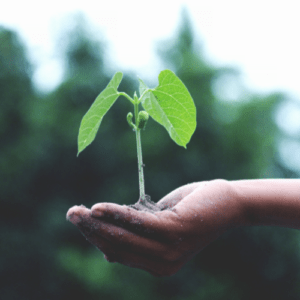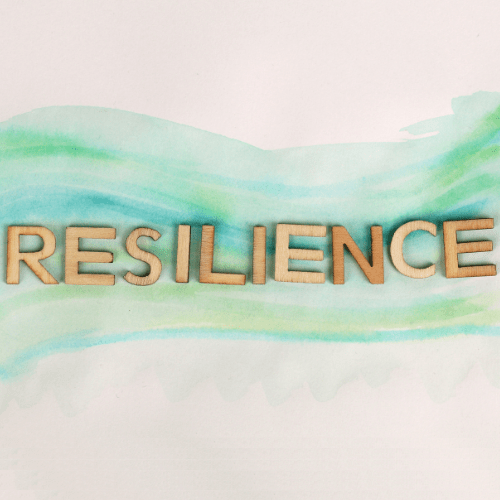Our individual and collective responses to adversity, which we all experience in different ways, is often where resilience emerges from, where it grows. We have had to adapt to so much, both personally and professionally, in the past fifteen months. As a post-pandemic society comes into view these adaptations become apparent, from how we greet and embrace one another, to the creation of hybrid working models.
A question that then emerges is, how are we going to attend to ourselves and each other in response to these adaptations? A helpful place to start is by tuning into our experiences, our thoughts and our feelings; how do they influence our behaviour? This, I sense, will create the space for us to foster nurturing internal and external dialogues. What may flow from these dialogies are new ideas on how to help ourselves, our loved ones and colleagues. There is benefit to our mental health and emotional wellbeing in paying attention to these dialogues.

What have we learned?
If this pandemic has taught us anything, it is that as human beings we carry a fragility with us; we are vulnerable. I write this as a helpful understanding of this concept of vulnerability, that by acknowledging it, resilience develops. Re-emerging into the world will be challenging at varying degrees for different people. We all have our own individual responses to what is going on in the world around us. It is important to normalise these responses and to validate them. It is important not to put undue pressure on yourself if you are feeling cautious, uncertain or anxious about re-emerging into the wider world. The antidote to some of this fear, that can help foster resilience, is to move away from avoiding your feelings. Find the space internally to speak about how you are.
Engaging in activities that shorten the emotional distance from one another is also useful, while physical distancing remains with us. Putting some focus on what it is that we can control is beneficial; taking ownership of and exercising the choices. Lastly, consider our thinking patterns; not engaging in ‘what if’ scenarios is helpful for maintaining resilience. Living and seek to think ‘in the now’, slowing our thinking down, instead of jumping ahead, towards the future. There may remain many unanswered questions about the nature of our personal and working lives as we cautiously re-emerge. Yet, this is a situation we all must face with the ever changing adaptations that life brings our way.
Stephen McBride
Director of Services


